Caring Companions Care for Holocaust Survivors
Home Care and Housekeeping services from specially trained companions
The Program
Holocaust survivors in New York can receive home care and housekeeping services from specially trained companions, in their preferred language. Our care coordinators work closely with family members to support the survivor and his or her unique circumstances, including ongoing contact with family members.
Since its inception in 1994, Caring Professionals has served Holocaust Survivors through private pay and Medicaid programs. In 2012, we began a dedicated program to serve Jewish and other victims of Nazi persecution in occupied countries during World War II such as Hungary, Greece, Italy, etc. The program’s beginnings were small; we served a handful of clients in Brooklyn. It soon grew to cover hundreds of survivors in Queens, Brooklyn, Manhattan, the Bronx, and Nassau County.
The Holocaust program is run in conjunction with two other groups. Their program is open to all people who fled or suffered Nazi persecution. This means not just concentration camp survivors but people who were forced to relocate to other countries during the war years. This specialty program is funded through a variety of sources coordinated by the Conference on Jewish Material Claims Against Germany.
These two agencies (one services Brooklyn and the other services the other locations) have overall responsibility for these victims and send social workers into their homes to ascertain the changing needs of the individuals. Both agencies offer comprehensive case management including many services (transportation, friendly visiting, food, etc.) to support the elderly.
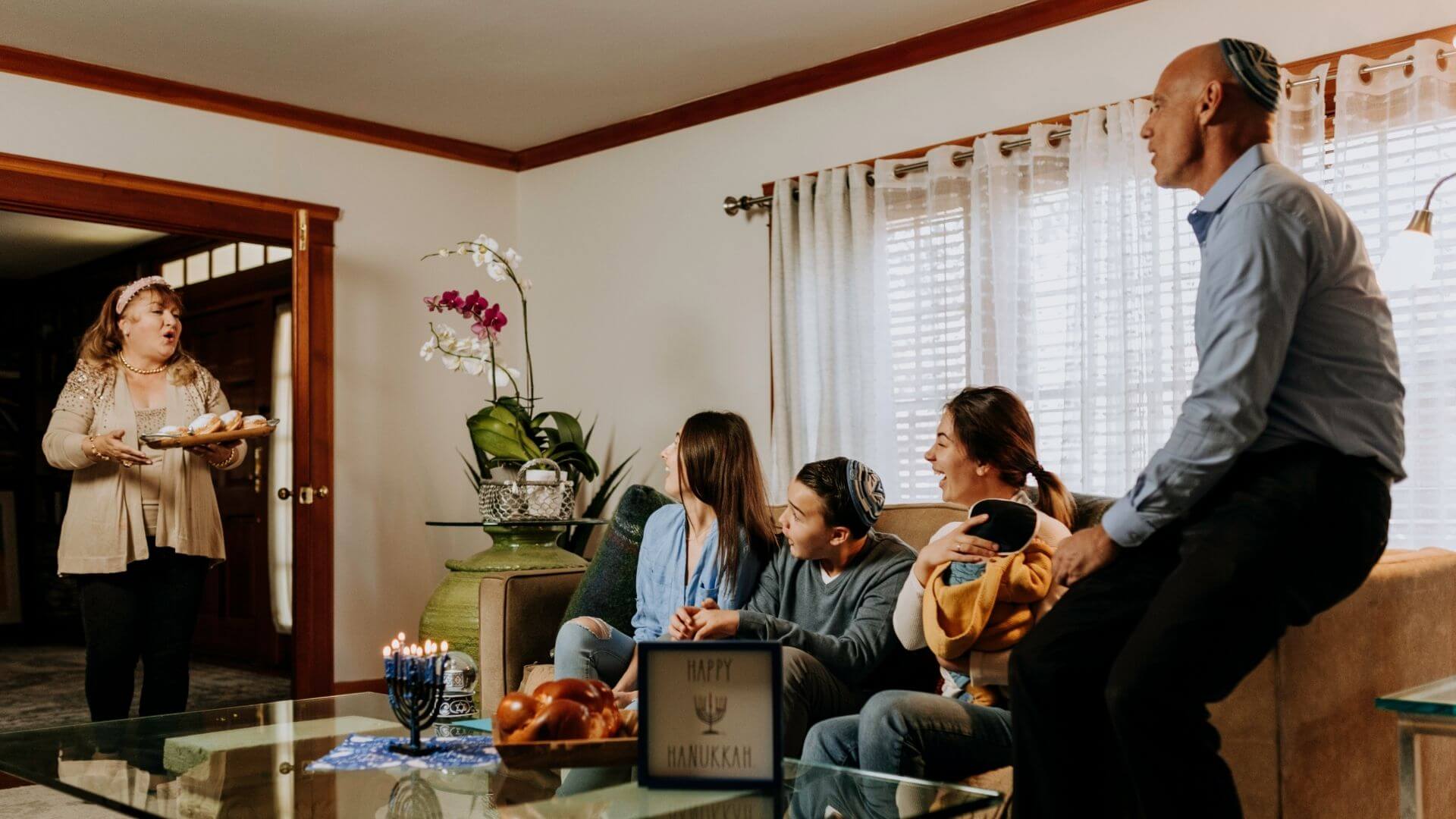
The Support
Caring Professionals was founded by a Jewish immigrant, and has been a trusted name in the Jewish community for 30 years. Our specialized services include:
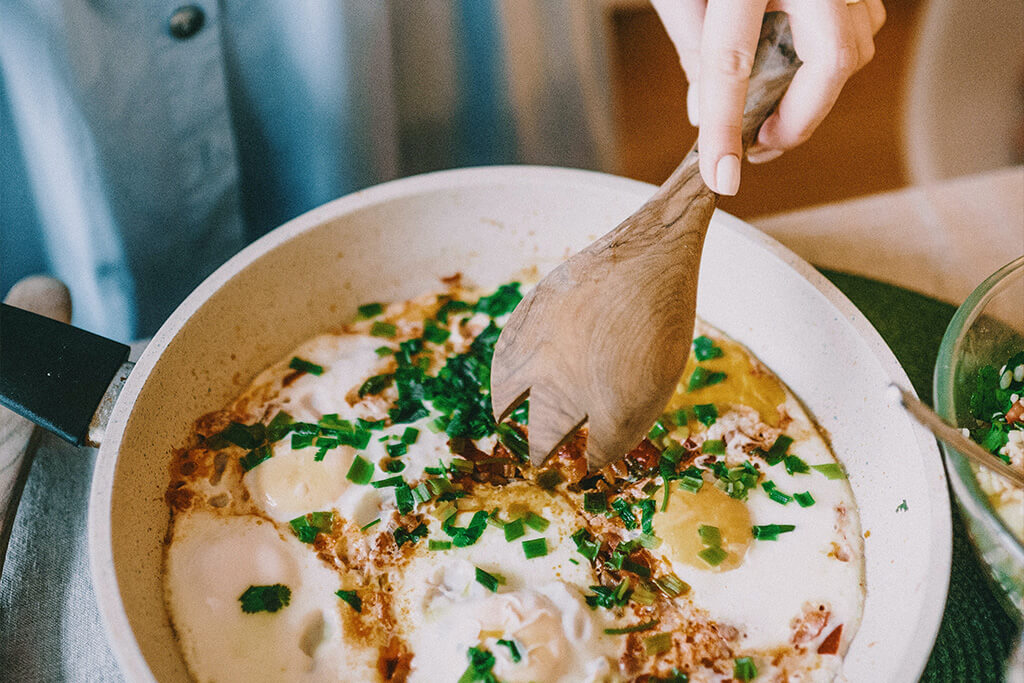
Knowledge of kashrut & kosher foods
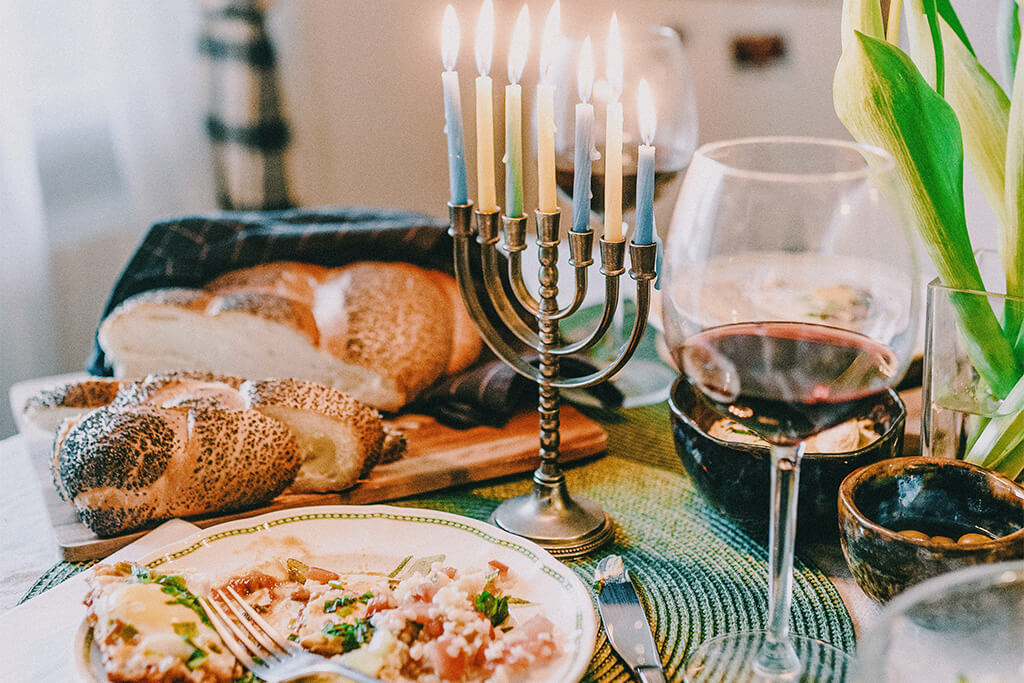
Following of Jewish traditions & holidays
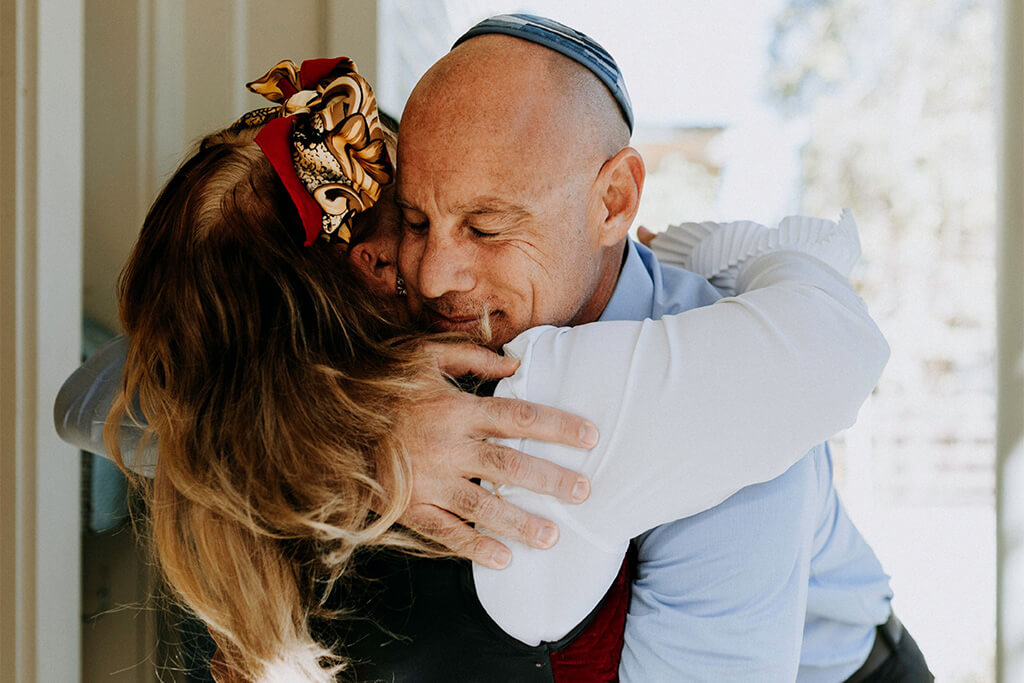
Help with post-traumatic stress
Working With the Community
Care is given in conjunction with the Jewish Community Council of Greater Coney Island.
Additional services may include medical and material needs, transportation and others. Trusted, Experienced Care
With an extensive knowledge of dietary and cultural needs, our caregivers work to ensure proper holiday scheduling, ongoing timeliness and compatibility needs are met.
The Training
Training is provided to caregivers who service this particularly vulnerable population. As holocaust victims age, there are often visual and sound memories of trauma that come back to them. Special sensitivities are necessary when assisting a person who has gone through violent experiences. Identifying these triggers and how to help a client respond are addressed.
Here are some things we discuss with a caregiver for survivors, whether it is a provider of housekeeping services or home care services.
- If your client refuses to eat or even hoards food, it may because food was rationed and limited during wartime. People often had to steal food to survive.
- If a client refuses to take a bath or a shower, it may be because it brings back memories of when the Nazis forced Jews into “showers” which were really gas chambers. Many family members and friends of the client died in gas chambers.
- A client may not want to go into a freshly cleaned bathroom because of the strong chemical smells. When Jews were taken to concentration camps, there were no bathrooms and strong chemical smells were everywhere.
- If your client refuses to go to the doctor, it may be because doctors in the concentration camps did terrible experiments on Jewish people
- The client may refuse to use a cane, walker or wheelchair during the war because someone who was ill or disabled during the war was singled out for death.
- Loud noises such as ambulances and police cars may bother your client because during the war loud sirens and horns were used to round up Jews for deportation.
- Some clients will not want to wear stripes and other specific clothing. Jews were forced to wear striped uniforms and yellow Stars of David were used to identify Jews.
- Foreign accents may scare clients. Guards in camps spoke different languages. New accents were scary for inmates.
- Clients may refuse to have a haircut or shave. When Jews arrived in death camps, their heads were shaved to embarrass them.
Caregivers, both housekeepers and aides, are also trained in Jewish cultural and dietary needs. This includes rituals and observance connected with Shabbat and holidays. Preparing the individual and the home for celebrations and solemn days is covered. Additionally, there is ongoing support by a holocaust services specialist who frequently becomes a good friend to the family.
Why Caring Companions
Caring Professionals was born from its founder’s understanding of the unmet cultural home care needs in immigrant communities. With our Caring Companions Program for holocaust survivors, we have the opportunity to help victims of Nazi brutality. We are honored and grateful to be able to assist these special seniors.
Together with case management agencies serving holocaust survivors and their families in specific boroughs, Caring Professionals’ team works closely to ensure that his or her needs are being met with responsible care, services, and support. We offer home care, housekeeping, and support. It takes empathetic caring and professionalism to fulfill this sacred mission to holocaust survivors. We’ve got what it takes and we are truly dedicated caring professionals.
Thank You for Your Kind Reviews
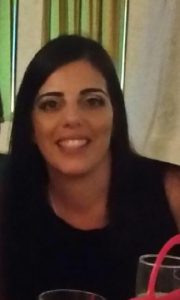
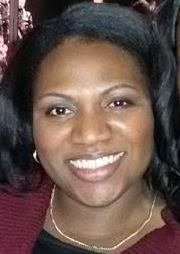






Home Care FAQ
The program is open to all people who fled or suffered Nazi persecution. This means not just concentration camp survivors but people who were forced to relocate to other countries during the war years.
No, This specialty program is funded through a variety of sources coordinated by the Conference on Jewish Material Claims Against Germany.
Instead of home care, a survivor/his family may choose the other option, which is housekeeping services. Caring Professionals will provide companions who take the survivor shopping, to community events, and to medical appointments, and keep them company. Companions can do light housekeeping, food preparation, and home organization
Yes we understand the important of matching that we speak each other’s language.Why we work to ensure all our holocaust surviviors receive home care and housekeeping services from specially trained companions, in their preferred language.
Caring Professionals was founded by a Jewish immigrant from Moscow, she saw a void in care for many of those aging around her. We have been providing home care to the Jewish community for over 25 years.
Caring Companions for Holocaust Survivors provides specialist services, both caregivers and companions. There are often visual and sound memories of trauma that come back to them. Special sensitivities are necessary when assisting a person who has gone through violent experiences. Identifying these triggers and how to help a client respond are addressed.
Get In Touch
Give us a call now, (718) 621-8189, or fill out the form below to be contacted shortly by a member of our team.
